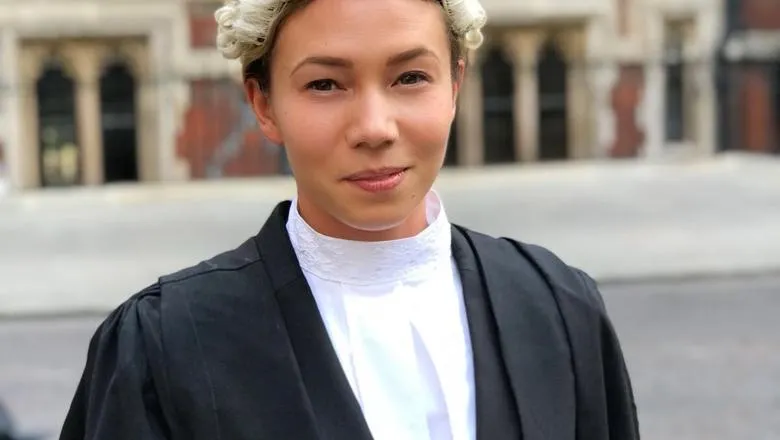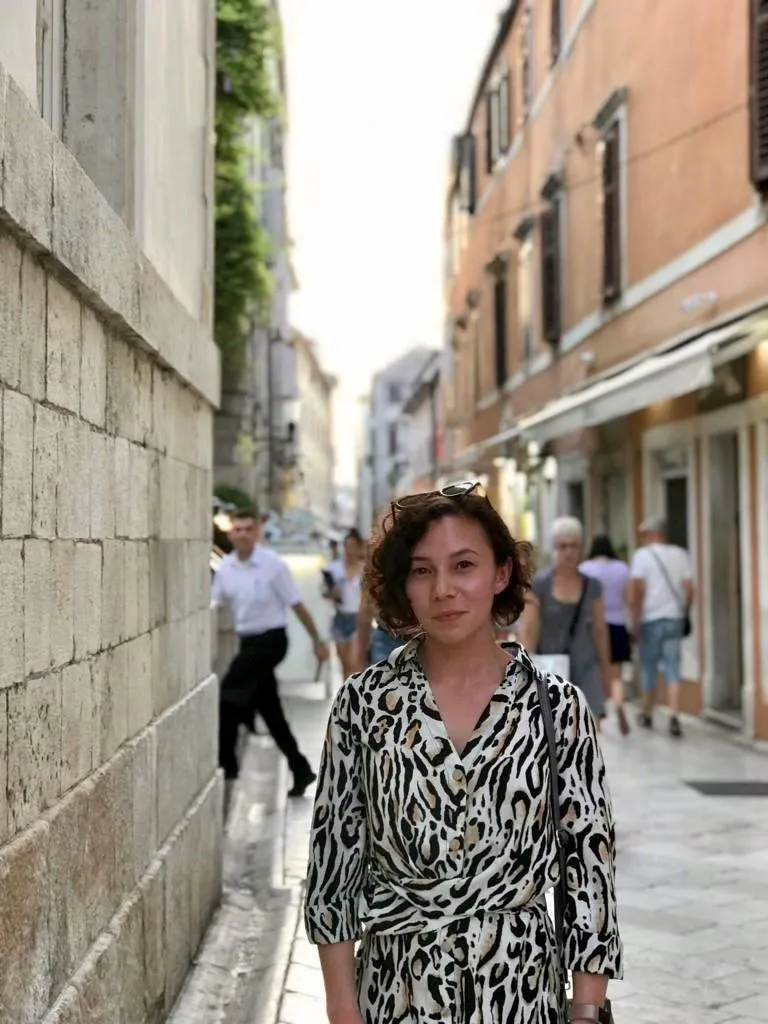Ancient Greece and Rome are often held up as beacons of human civilisation, and for all the wealth of art, science and philosophy they produced they were also deeply flawed societies, oppressive to many, and in my view the study of all these aspects is invaluable to discourse on how we mould our own society
Adele Pullarp
09 June 2020
King's Alumna: “The Arts and Humanities help mould our society”
King’s Classics Alumna Adele Pullarp says the study of her degree subject and other Arts and Humanities areas is invaluable to discourse on how we mould our own society today.

“The Arts and Humanities matter because they provide context and broader understanding to factual knowledge, which is absolutely essential to our everyday life and societal progress.”
King’s Classics Alumna Adele Pullarp says the study of her degree subject and other Arts and Humanities areas is invaluable to discourse on how we mould our own society today.
Adele, who graduated in 2011 with an Undergraduate degree in Classics, says the way Classics is taught at King’s really encourages students to think about ancient texts within their political and cultural context and to draw parallels with modern life.
Adele says: “Classics is the perfect example of how the qualities of the humanities and sciences can overlap – learning an ancient language requires logic; essentially one learns a set of rules and applies them in order to translate a passage of text. The other side of Classics is an understanding of the culture and history of the ancient world, without which a literal translation might miss the nuance or meaning of an ancient text.
Latin Language was the aspect of Adele’s degree that she enjoyed the most. She was encouraged to translate from English into Latin, and although she found this very challenging, it absolutely did improve her understanding and enjoyment of the Latin language.
Adele explains it made her reflect on Latin as a language that was actually used by everyday people, rather than just written on a page.
“Similarly, modules I took on Performance Literature also helped bring the subject to life – these modules involved no translation of texts and focussed on the performance aspects of ancient literature, and their influence on modern forms of entertainment,” Adele adds.
Immediately after graduating, Adele worked for a small auction house that sold Ancient Greek and Roman coins, landing one of the rare jobs that required her to directly use a Classics degree.
“I was responsible for all aspects of running the business from identifying and cataloguing the coins to organising the auctions themselves and managing client accounts. Whilst it was a really interesting job, that allowed me to continue to develop my knowledge of the Classical World, I decided that long-term it wasn’t where I wanted to be so I decided to take the plunge and pursue a career in law, which had been of interest to me for some time,” Adele adds.
She is currently a Pupil (Trainee) Barrister in London, in a common law set. She says the multi-disciplinary nature of her degree has definitely made her more confident about the idea of working on lots of different types of case.

“My education at King’ has been invaluable in terms of the quality of the teaching, the opportunities (both professional and extracurricular) provided by being a student in one of the world’s greatest cities, and the ongoing career support I’ve received since graduating.
“My dissertation tutor at King’s continued to provide references and letters of support throughout my training to be a barrister, despite me having graduated several years before starting on this career path, and for this I will be ever grateful,” adds Adele.
